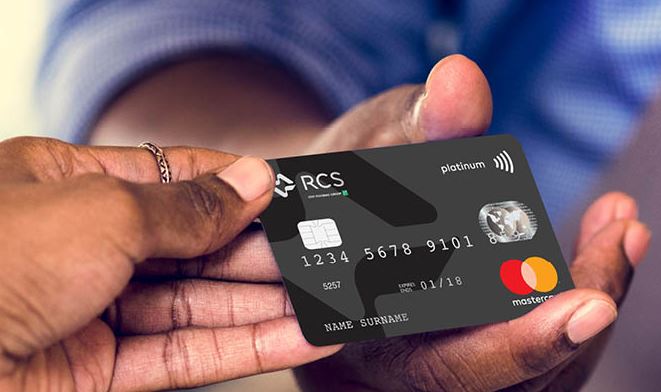In today’s fast-paced world, it’s easy to fall into the trap of spending on things we don’t truly need. Daily coffee runs, subscription services we barely use, impulsive online purchases—these small habits seem harmless in the moment, but they silently drain our financial potential. Recognizing and reducing unnecessary spending is one of the simplest, yet most powerful steps you can take to gain control of your money and build lasting financial freedom.
Understanding the True Cost of Small Expenses
It’s not the big purchases that usually sabotage our finances—it’s the repeated small ones. That $7 coffee or $20 impulse buy might feel insignificant, but over time, they add up. When you calculate how much you spend on non-essential items in a month—or a year—you may be surprised at the total.
These “invisible leaks” in your wallet prevent you from saving, investing, or reaching larger financial goals. Being mindful of where your money goes can open the door to intentional living and smarter financial choices.
Reevaluating Your Spending Habits
To begin cutting unnecessary expenses, start with awareness. Track every expense for a week or two and categorize your spending. Ask yourself:
- Do I really need this?
- Does it bring long-term value or just momentary satisfaction?
- Could this money be used for something more meaningful?
Being honest in this process helps you distinguish between needs, wants, and impulses—a skill that can transform your financial mindset.
Shifting from Instant Gratification to Long-Term Vision
One of the biggest reasons people overspend is the pursuit of instant gratification. Social media, advertising, and peer pressure constantly tell us we need more to be happy. But real satisfaction often comes from delayed gratification—the ability to say no now in order to say yes to something greater later.
When you learn to resist unnecessary purchases, you gain not only financial power, but emotional and mental strength. You train yourself to focus on long-term success rather than short-term pleasure.
Redirecting Your Savings Toward What Truly Matters
Cutting back on non-essentials isn’t about depriving yourself—it’s about reclaiming your money and redirecting it toward what matters most. That could mean:
- Growing your emergency fund
- Paying off debt
- Saving for a home or trip
- Investing in your education or future business
- Giving more generously
Every dollar saved from a non-essential expense is a dollar that can be invested in your purpose, your peace of mind, and your future freedom.
Creating a Sustainable Lifestyle, Not a Temporary Diet
Financial changes that last come from mindset shifts, not strict limitations. Instead of trying to cut everything all at once, start with simple changes that feel realistic:
- Cook more meals at home
- Cancel unused subscriptions
- Plan purchases instead of buying on impulse
- Wait 24 hours before making non-essential purchases
These small adjustments, done consistently, lead to major results over time. It’s not about being perfect—it’s about being intentional.
The Emotional and Mental Benefits of Simplifying
When you stop chasing every new product or trend, you start experiencing a new kind of peace. You’ll feel more in control, less stressed, and more connected to what truly fulfills you. Financial simplicity can also create more space in your life—for creativity, relationships, and rest.
Living with less doesn’t mean settling for less. It means choosing freedom over clutter, purpose over pressure, and clarity over chaos.
Final Thoughts
Saving money by cutting unnecessary expenses is one of the most powerful habits you can build. It doesn’t require a higher income, advanced financial knowledge, or luck. It simply requires awareness, intention, and consistency.
The money you save today is a seed. Plant it wisely, and you’ll reap the rewards for years to come.






